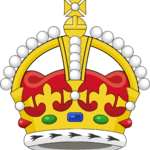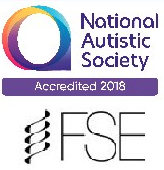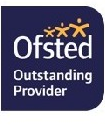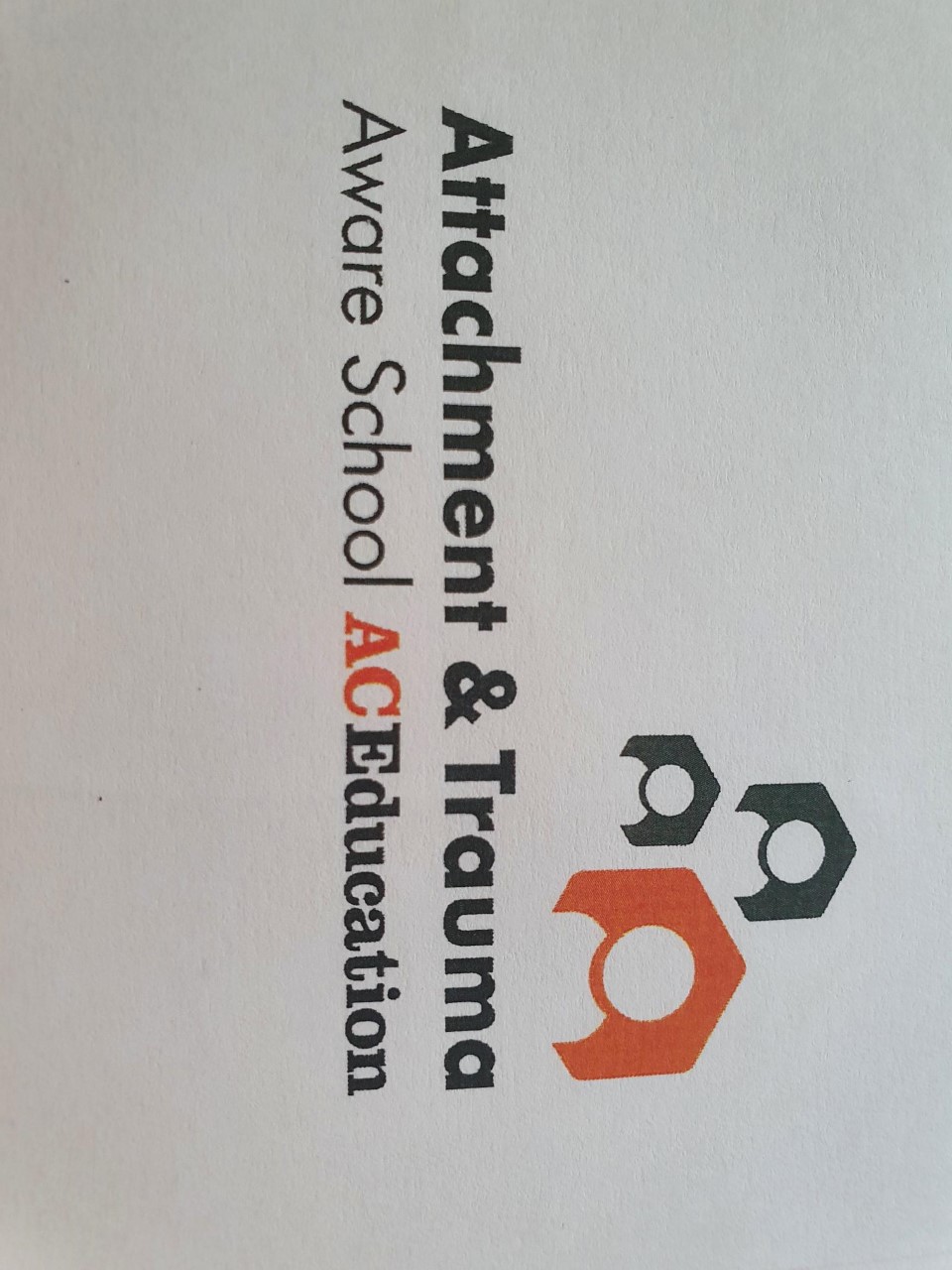In school we teach a variety of e-safety rules to our children. It is important to us that your children are kept safe when using the internet in school and at home.
Using the Internet covers not only the obvious that are computers and Tablets, it also means Play Stations, X-boxes, Game boys and mobile phones - any technology that can connect to the Internet is potentially dangerous to your childs welfare if it is not supervised adequately.
We recommend that all use of technology takes place in a room in the house where they can be supervised at all times, the kitchen or living room, and not being used by your child alone in their bedroom.
We teach our children the importance of keeping their personal information safe. Never give out your name, age, address or school. We highly recommend that if your child is playing online on their gaming machine/tablet/computer/phone they choose a nickname to play under so that their identity is never revealed.
If, whilst on line, they are asked for their real name or are asked to meet up with a gaming 'friend' we stress they tell a familiar adult straight away and NEVER give out personal information, or agree to meet anyone.
If, whilst playing online, they are swore at or someone types anything they are uncomfortable with, again, we ask them to tell a familiar adult straight away. This adult should then take a screen shot of the text and report it to the gaming authority concerned. Some games your children are playing have hidden dangers you may not be aware of. Some of the dialogue your children are listening to, with their headphones on, can be a torrent of swearing and abusive language, as parents/carers and teachers we need to be vigilent in checking this type of hidden content.
Sometimes when playing an innocent game online your child may experience a pop-up window offering prizes if you open it up, or a message offering great deals, or just someone unfamiliar wanting to open a chat session. We teach our children that it is dangerous to respond to these messages. They don't now who is sending them and whether or not they contain a virus which may attack your system. Some of these pop-ups contain data which can read your files and get all sorts of information from your computers. Some may lead to sites with unsuitable adult content. Say no to messages/pop-ups and click the X.
The legal age for a child to be on social media such as Facebook is 13. If however your child or you have a social media profile yours and your childs information can be out there on the World Wide Web. It is important that you teach your child about security settings and which bits of information it is ok to share and which to keep private.
Social media and mobile phones in your childs hands can be a very useful means of contact, however they can also lead to Cyberbullying. It is important that we encourage your child to tell an adult they trust straight away if they get any message they are uncomfortable with. Although it is hard not to do we must try not to respond to these messaages, this only encourages the bully. If the bullying persits take screen shots/photos of the texts and inform the authorities as soon as possible.
Search engines such as Google have child friendly versions, encourage your child to use these. Look them up and make them your childs default search engine.
If you ever need to report abuse online to the police go to www.ceop.gov.uk.
It is a good idea to create a family e-mail address for registering with games that require an e-mail address, this way you can keep an eye on any e-mails your child is recieving.
So how can you help your child stay safe?
- Talk to your child discuss the dangers that are out there. Set rules for Internet use at your home.
- Set your parental controls so they are age appropriate for your child.
- Talk to your child on a regular basis about what they have been doing on line these informal chats can ensure your child is safe and happy on the Internet.
All of the above information can help keep your child safe, however, the best way is for parents, teachers and carers to be there, in the room, on hand to help if their child has a problem.
Don't be afraid to let your child explore the many opportunities that are available on the World Wide Web but before they do make sure they know how to stay safe. Happy Surfing!









.png)

